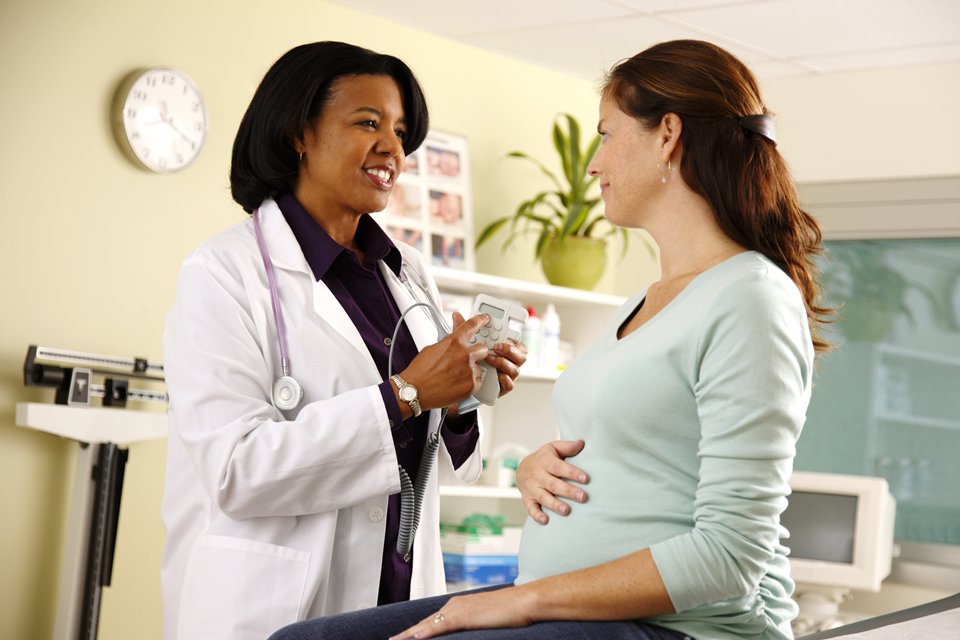OAKLAND, Calif. — Hospital-diagnosed maternal bacterial infections were associated with an increased risk of autism spectrum disorders (ASDs) in the child, according to a new Kaiser Permanente study published Dec. 20 in the Journal of Autism and Developmental Disorders.
The research contributes new evidence to a body of scientific literature on the role of infection in autism risk and points toward directions for further examination.
The study included 407 children with autism and 2,075 matched children who did not have autism; all were infants born between January 1995 and June 1999 who remained members of the Kaiser Permanente health plan for at least two years following birth. Kaiser Permanente’s electronic medical records enabled researchers to study associations between maternal infection during pregnancy and autism in the child.
“Though infections in pregnant women are fairly common, in this study most were not associated with an increased risk of autism,” said Lisa A. Croen, PhD, research scientist with the Kaiser Permanente Division of Research and senior author of the study. “Only bacterial infections diagnosed in the hospital were associated with an increased risk.”
“Infections diagnosed in a hospital setting were more common among mothers of children who developed an ASD compared with mothers of children who did not develop an ASD,” Croen further explained.
Women with bacterial infections diagnosed during a hospitalization (including of the genitals, urinary tract and amniotic fluid) had a 58% greater risk of having a child with an ASD. While not very common in any of the mothers studied (1.5% of mothers of a child with ASD vs. 0.5% of mothers of a child without ASD), infections diagnosed during a hospitalization in the second trimester were associated with children having more than a three-fold increased risk of developing ASD.
“Infections diagnosed in an inpatient setting may represent more severe infections, and these were associated with increased risk of ASD,” said Ousseny Zerbo, PhD, research fellow with the Kaiser Permanente Division of Research and the study’s lead author.
While the mechanism for how maternal infections may influence autism risk has not been firmly established, Zerbo said animal studies have shown that immune-system responses to infections during pregnancy may influence the neurological development of the fetus.
“Our findings indicate that although most infections during pregnancy were not associated with autism in the child, there appears to be some increased risk for autism,” Zerbo said. “It would be prudent for pregnant women to contact their doctor if they suspect an infection.”
In addition to Croen and Zerbo, co-authors of the study were Yinge Qian, MS, and Cathleen Yoshida, MA, Kaiser Permanente Division of Research; Judith K. Grether, PhD, formerly of the California Department of Public Health; and Judith Van de Water, PhD, Department of Rheumatology, University of California, Davis.
The study was funded by the Centers for Disease Control and Prevention, the Kaiser Foundation Research Institute, and Autism Speaks.





This Post Has 0 Comments